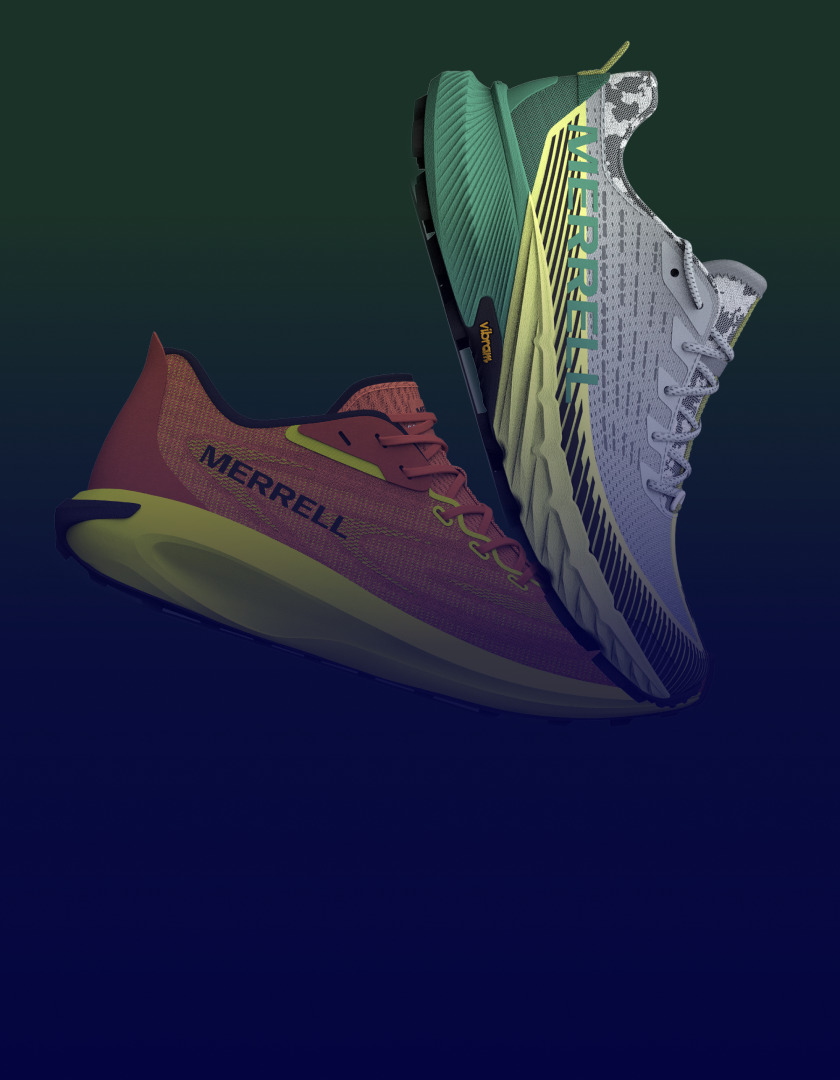From legacy processes to future-ready R&D
“We set ambitious goals across five significant performance areas and surpassed them all. Shorter product development cycles, improved material reuse, higher compliance pass rates, increased cost accuracy and enhanced change tracking precision.” — Liu Feng, CIO, Mercury Home Textiles
As one of China’s top three home textiles manufacturers, Shanghai Mercury Home Textiles Co., Ltd.’s (Mercury) has built its reputation over nearly four decades, evolving from a regional manufacturer into a nationally recognized brand listed on the Shanghai Stock Exchange. Guided by its mission to help families achieve better sleep through innovative bedding solutions, Mercury develops everything from luxury bedding sets to specialized children’s products across eight product lines. This broad assortment fuels growth but also introduces significant operational complexity. As Mercury’s product portfolio expanded and its market influence grew, disconnected systems, manual workflows and limited visibility began to slow development, making it increasingly difficult to maintain quality, compliance and speed.
Recognizing these challenges, Mercury launched a company-wide digital transformation strategy to modernize R&D and strengthen cross-functional collaboration. At the heart of this initiative was Centric PLM, chosen to unify product development processes and enable sustainable, scalable growth.
The outcome? A faster, more agile innovation process that positions Mercury to meet market demand and scale sustainably.
Building a digital foundation for growth
Mercury set a clear five-year digital roadmap to modernize R&D and optimize supply chain operations, including merchandise planning and execution systems.
Traditional manual processes could no longer meet rising consumer expectations for innovation, customization and rapid response.
“Both cost optimization and quality enhancement start with R&D processes and data integrity. Implementing Centric PLM delivers this critical capability,” notes Liu Feng.
Within just six months, Mercury went live with a fully functional PLM platform, streamlining workflows, boosting team collaboration and creating a solid foundation for sustainable growth.
Co-designing a solution tailored for home textiles
Home textiles manufacturing involves complex product categories, multiple material components and strict compliance requirements. Mercury collaborated closely wth the Centric team to co-design a solution that would standardize processes, digitize workflows and improve visibility across the entire product lifecycle.
This collaboration focused on five core areas:
- Progress visualization: Clear, real-time tracking of development stages.
- Process optimization: Standardized workflows to eliminate manual redundancies.
- Cost management: Structured cost templates for accurate forecasting and control, supporting a shift towards profitability-focused product development.
- Digital asset libraries: Centralized repository for materials, designs and documents for instant reuse.
- Closed-loop data management: End-to-end visibility from planning to production.
Mercury built 112 standardized process templates within the system, covering everything from sewing and washing labels to packaging—reducing errors, cutting lead times and increasing efficiency across product lines.
“Home textiles products encompass diverse categories with unique characteristics,” explains Liu Feng. “Additionally, industry-specific risk requirements deepen implementation complexity. Centric’s extensive consumer goods experience enabled us to co-design a solution using configurable PLM modules to tackle compliance, supply chain and quality control challenges.”

Breaking down data silos to power innovation
Centric PLM integrates seamlessly with Mercury’s’ existing ERP and SCM systems, connecting R&D with production, sourcing and quality control. The result is a single digital platform spanning the entire product lifecycle.
The transformation extends much beyond traditional PLM capabilities, with Mercury’s’ team embracing Centric PLM’s AI-powered technology to guide users through processes, offer real-time assistance and improve operational precision.
“Leveraging Centric PLM’s integration capabilities, we achieved complete closed-loop management of product R&D data from planning through implementation. This effectively supports decision-driven processes and risk control, successfully advancing from data silos toward an innovation engine,” highlights Liu Feng.
The end-to-end system now supports agile collaboration across design, sourcing and manufacturing. Mercury’s teams can act faster and more confidently, with shared access to the data they need to move products from concept to market without delays.
Fast, measurable results and a replicable model
Within just 6 months, Mercury achieved measurable gains:
- Faster innovation cycles with clear visibility across teams
- Greater cost accuracy through structured, standardized workflows
- Better material reuse, improving both speed and sustainability
- Improved compliance precision, reducing risk and administrative burden
This success has positioned Mercury as an R&D digitalization benchmark in the home textiles industry and creates a replicable framework.
“We plan to replicate our main brand’s success with Centric PLM across Mercury KIDS, Bailis and other brand portfolios,” reveals Liu Feng.
A clear path for industry transformation
Mercury’s journey proves that large, established manufacturers can modernize R&D rapidly and effectively, without disrupting daily operations. Standardized workflows, centralized data and seamless system integrations give teams the visibility and speed they need to innovate at scale.
New to Centric PLM? Learn more
Centric AI Fashion Inspiration Learn more
What is Centric Planning? Learn more
Demand Planning Learn more
Assortment Planning Learn more
Allocation and Replenishment Learn more
What is Centric Pricing & Inventory? Learn more
What is Centric Market Intelligence? Learn more
Centric Visual Boards Learn more













